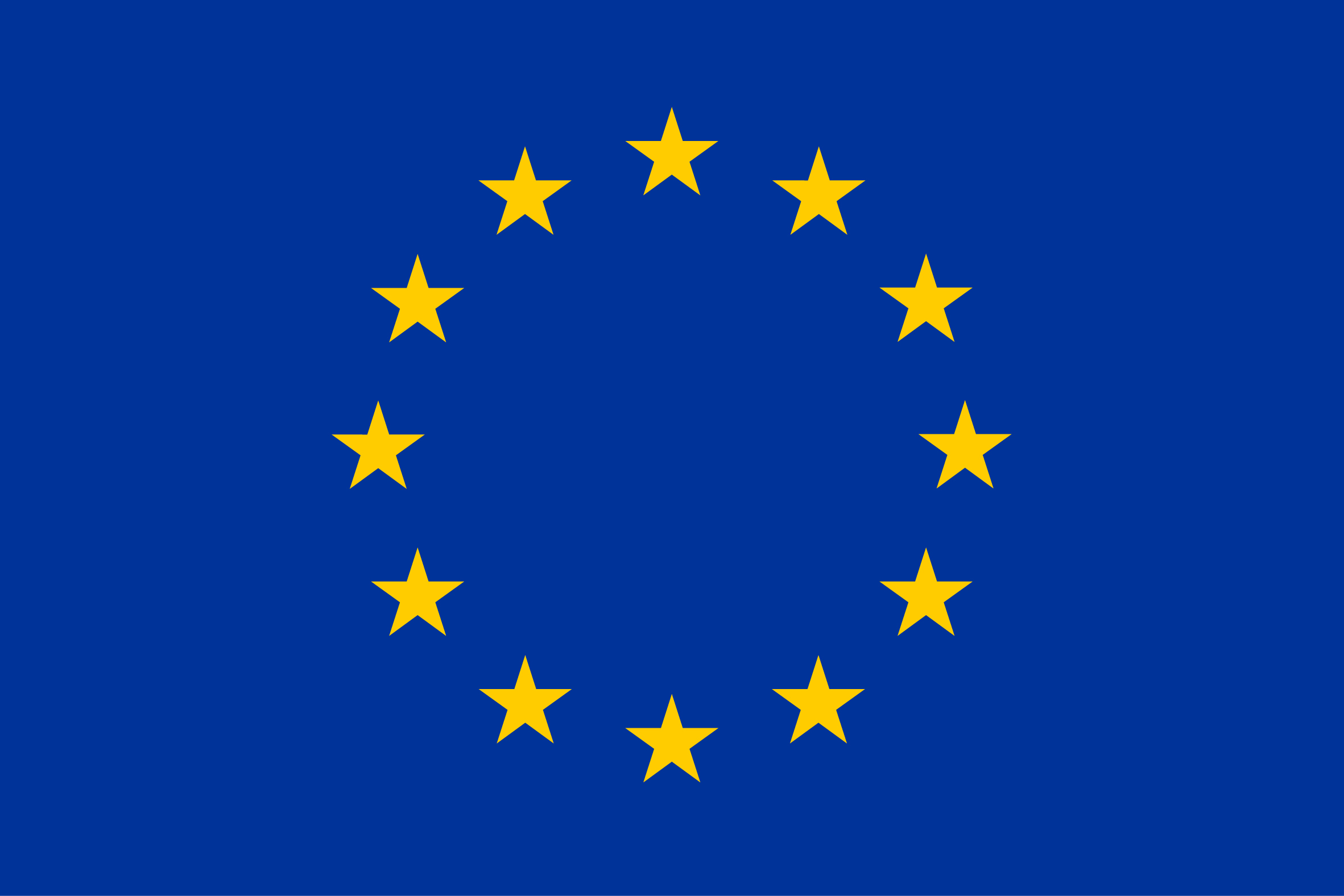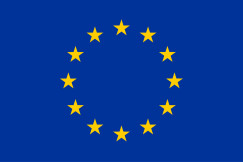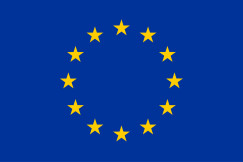Legislation
27 March 2025
Traceability and Labelling of GMOs and the Traceability of Food and Feed Products Produced from GMOs
Legislation
27 March 2025
1. Healthy, balanced and sustainable diets for all European consumers
2. Prevention and reduction of food loss and waste
3. A climate - neutral food chain in Europe by 2050
+4 more
Login / create an account to be able to react
-
8

Regulation (EC) No 1830/2003 establishes rules for the traceability and labelling of genetically modified organisms (GMOs) and food and feed products produced from GMOs in the European Union. It aims to ensure transparency and safety throughout the production and distribution chain.
Editorial team
European Commission - DG SANTE
Topics
EU-27
EU Institutions
-
CoC aspirational objectives
-
-
1. Healthy, balanced and sustainable diets for all European consumers
-
2. Prevention and reduction of food loss and waste
-
3. A climate - neutral food chain in Europe by 2050
-
4. An optimised circular and resource-efficient food chain in Europe
-
5. Sustained, inclusive and sustainable economic growth, employment and decent work for all
-
6. Sustainable value creation in the European food supply chain through partnership
-
7. Sustainable sourcing in food supply chains
-
Share
Regulation (EC) No 1830/2003, adopted on 22 September 2003, sets out the requirements for the traceability and labelling of genetically modified organisms (GMOs) and food and feed products produced from GMOs within the European Union. This regulation aims to ensure a high level of protection for human and animal health and the environment, while also providing consumers with accurate information to make informed choices.
The regulation mandates that all products containing GMOs or produced from GMOs must be traceable at all stages of the production and distribution chain. This traceability allows for the monitoring of environmental and health risks and facilitates the withdrawal of products if necessary.
Key provisions of the regulation include:
Traceability Requirements: GMOs and products produced from GMOs must be traceable throughout the production and distribution chain. This involves maintaining records of the unique identifiers assigned to each GMO and ensuring that this information is communicated at every stage.
Labelling Requirements: Products containing GMOs or produced from GMOs must be clearly labelled. For example, final consumer packaging or pre-packaged products must state "This product contains genetically modified organisms [or the names of the organisms]."
Monitoring and Supervision: The regulation requires ongoing monitoring and supervision to ensure compliance with traceability and labelling requirements. This includes keeping records for a minimum of five years.
The regulation also amends Directive 2001/18/EC to align with the new traceability and labelling requirements. By ensuring that GMOs can be tracked and identified, the regulation enhances the ability to manage and mitigate potential risks associated with GMOs.
Related content:
Commission Regulation (EC) No 65/2004 establishing a system for the development and assignment of unique identifiers for genetically modified organisms.
Commission Regulation (EC) No 641/2004 laying down detailed rules for the implementation of Regulation (EC) No 1829/2003 as regards the application for the authorisation of new genetically modified food and feed, notification of existing products and adventitious or technically unavoidable presence of genetically modified material which has benefited from a favourable risk evaluation.
Communication (COM 2015) Reviewing the decision-making process on genetically modified organisms (GMOs).
Comments (0)
See also
-
5
Nutrition and Health Claims
- Categories
- 2. Prevention and reduction of food loss and waste 3. A climate - neutral food chain in Europe by 2050 4. An optimised circular and resource-efficient food chain in Europe +3 more
-
17
Regulation on aid compatible with the internal markets
- Categories
- 2. Prevention and reduction of food loss and waste 3. A climate - neutral food chain in Europe by 2050 4. An optimised circular and resource-efficient food chain in Europe +3 more
-
5
Barriers to trade
- Categories
- 2. Prevention and reduction of food loss and waste 3. A climate - neutral food chain in Europe by 2050 4. An optimised circular and resource-efficient food chain in Europe +3 more




